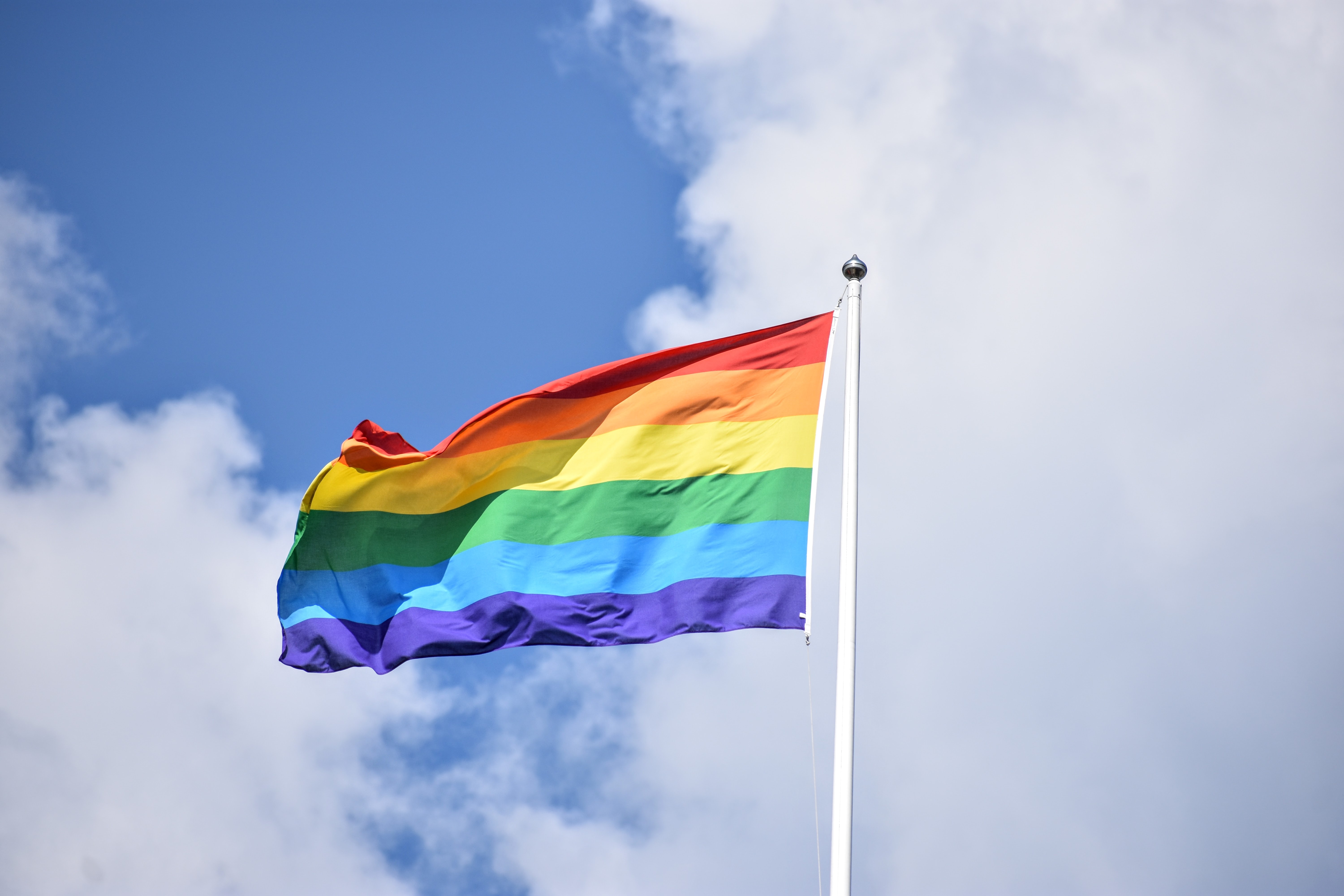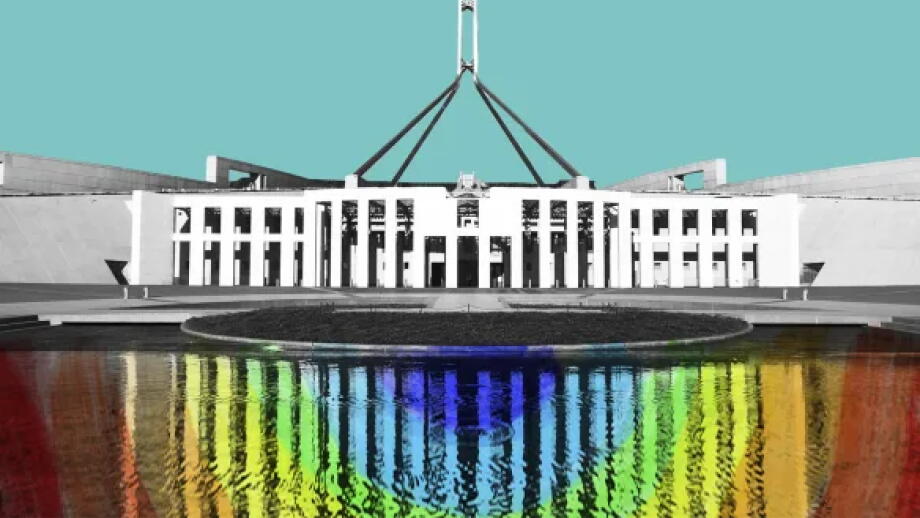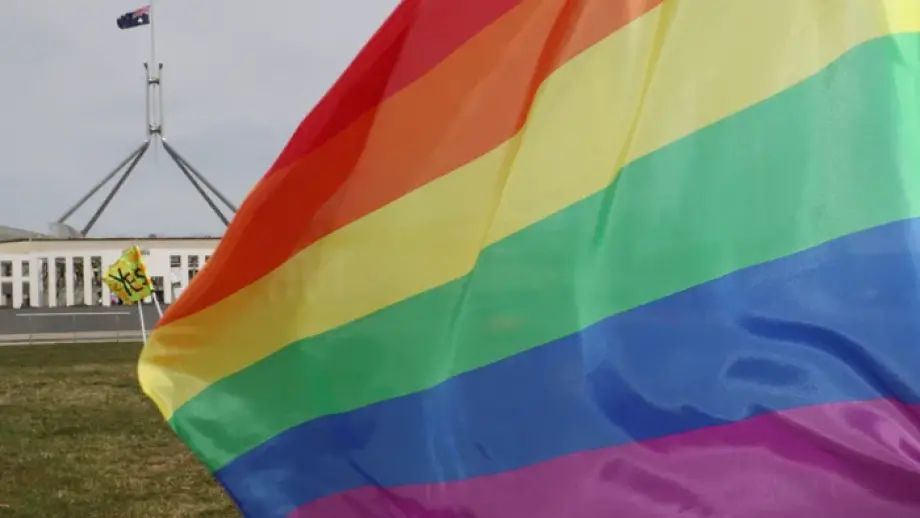In Short:
The problem with international development is that some human rights defenders are sexist, some feminists are transphobic and homophobic, and some LGBTIQ+ advocates racist.
Overview
Put simply, LGBTIQ+ inclusion and rights have often been marginalised in international affairs. Critically, it is not just conservative states who have pushed back on supporting diverse LGBTIQ+ folk and perspectives, with human rights defenders and more progressive state actors often perpetuating inequalities and discrimination – unintentionally or not. Progress is often non-linear and does not remain static – the rights of LGBTIQ+ people once earned are not always guaranteed, creating a shifting international landscape that is difficult to map out.
Feminist foreign policy (FFP) principles emphasise the need to transform the global systems which uphold and perpetuate inequality – including patriarchy, colonialism, capitalism and others. Yet to date, the application of FFP principles to LGBTIQ+ inclusion and rights has been limited. This issues paper seeks to extend principle of ‘transforming global systems’ - particularly homophobic, transphobic and heteronormative systems – to set forth an agenda for how FFP can enable progress and prioritise action around LGBTIQ+ inclusion and rights.
Contact
Elise Stephenson
Deputy Director
Climate change, Intersectionality & identity, Politics & international affairs, The space sector, Youth engagement
Jack Hayes
Researcher
Intersectionality & identity, Politics & international affairs
You may also like
Invisible while visible
In among the silencing and invisibility of their stories, queer women operate as critical leaders in international affairs. This research gains unique access to Australian lesbian, gay, bisexual,…
‘Risky visibility’
In this research, we examine the ‘risky visibility’ experienced by queer politicians, where their sexuality, combined with other intersecting factors, leads to heightened public scrutiny, abuse…




